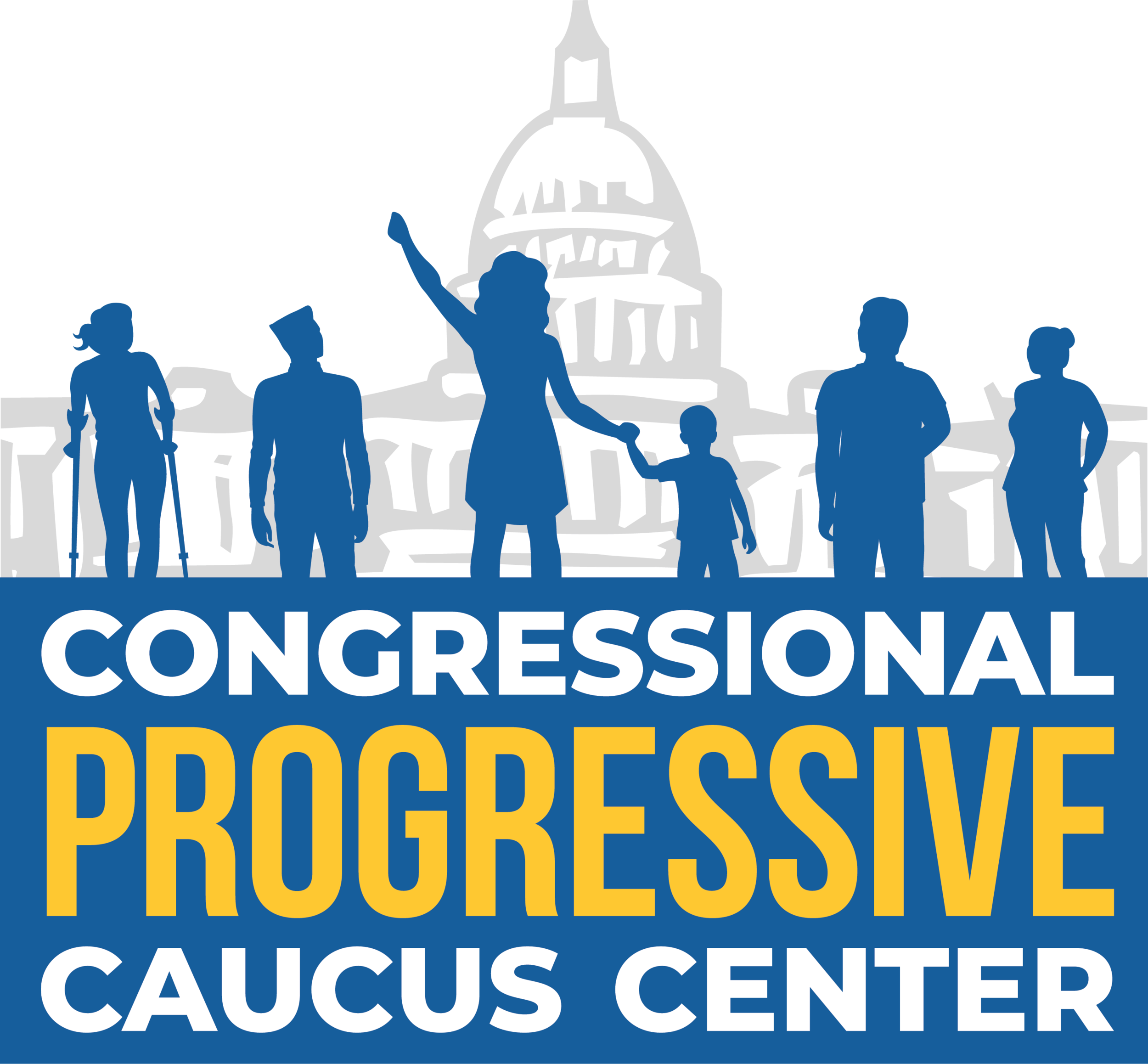December 19, 2024: Questions (and Answers) on this Government Funding Bill
While I had every intention that yesterday’s update would be the last of 2024, Congress had other plans! Because things are moving quickly, I’ll flag that everything I’m sharing is accurate as of 5:50PM ET.
What happened?
The bipartisan deal to keep the government open past December 20 (tomorrow) collapsed following Elon Musk’s pressure campaign and a late-breaking demand from President-elect Trump to suspend the debt limit or eliminate it entirely before he takes office.
I thought the government was shutting down, why is the debt ceiling part of this?
To be clear: the looming shutdown and debt limit are not related. Congress does not have to deal with the debt limit right now. While the current debt limit suspension expires on January 1, the U.S. won’t actually breach the cap for weeks or months (more on how this works here).
Nonetheless, the President-elect said, “we’d rather do it on Biden’s watch.” Republicans will control every lever of government when it comes time to suspend the debt limit next year, but have historically opposed voting for the suspension, risking a global economic meltdown. So, presumably, the President-elect is seeking to avoid that predicament—hence wanting to deal with this now.
Does the President-elect have to sign off on legislation for it to pass?
No, the President-elect has no official role in this process. Right now, any bill must pass the GOP-controlled House, the Democratically-controlled Senate, and be signed by President Biden to become law.
So, what’s Plan B?
House Speaker Mike Johnson spent the day negotiating with the President-elect’s emissaries to craft Plan B, which became public just over an hour ago. Briefly, the bill keeps the government open through March 14, suspends the debt limit until January 2027 (thereby avoiding another vote on this before the 2026 midterm elections), provides more than $100 billion in disaster aid, and more.
A few notable items were struck from the bipartisan deal—see below. Note, there are certainly more provisions like this that got dropped:
Restrictions on outbound U.S. investment in China
Reforms to address drug price hikes from pharmacy benefit managers
A bipartisan childhood cancer research program
Replacement benefits for people whose food stamps were stolen
Is this going to pass?
First, it’s not clear that anything in Plan B was cleared with the Senate or White House—which, again, must approve this bill for it to become law. But we’ve not even made it out of the House yet, so let’s focus on that.
OK, will it pass the House?
It’s not clear the House can pass this in time to avoid a shutdown, if at all, but they will try tonight. That vote will almost certainly fail—but perhaps by design in order to get to tomorrow.
I’ll explain: House rules make it very hard to vote on a bill the day it comes out with a simple majority threshold for passage. To vote on something super quickly, the House must vote under “suspension of the rules,” which requires a two-thirds majority for passage. That means the Speaker has to get more than 50 Democrats to vote for a bill they just saw late this afternoon, after he jettisoned a deal they negotiated with him—and that’s if every House Republican votes for it, which they won’t.
So, passing it under suspension is highly unlikely. But that doesn’t mean this is over—because tomorrow, sufficient time will have elapsed to perhaps get a vote under a simple majority threshold.
I say “perhaps” because in order to get to that vote, the House Rules Committee must sign off. That committee has 13 members (nine Republicans, four Democrats). Two of those Republicans have already said they’ll oppose Plan B, and assuming all four Democrats do the same, we’re at 7-6. Time will tell if all seven of those remaining Republicans will allow this bill to go to the House floor. If it does, it will still have to go through the Senate and to President Biden to be signed into law.
Tl;dr: there are still a lot of steps left in this process.
Signing off!
This time, it’s actually our last update of 2024. We’ll be back next year with a breakdown of what’s happened and what it means for our communities. Thanks for reading and bearing with us as we do our best to break down a very dynamic situation—hope it’s helpful!

